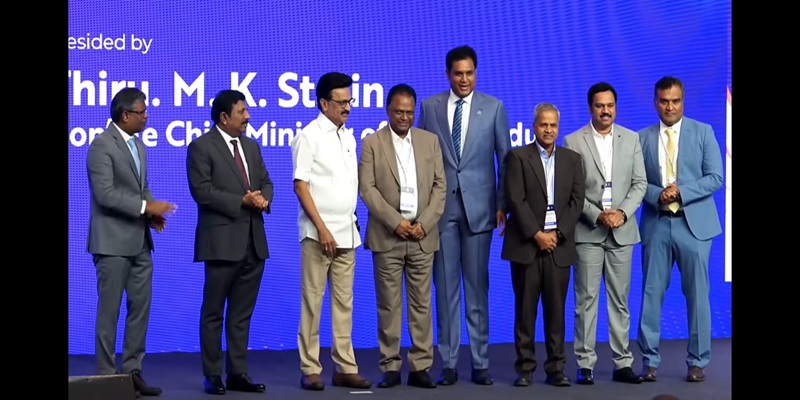Schedule a Call Back
All industries today use compressed air: KS Natarajan
 Articles
Articles- Jun 18,20
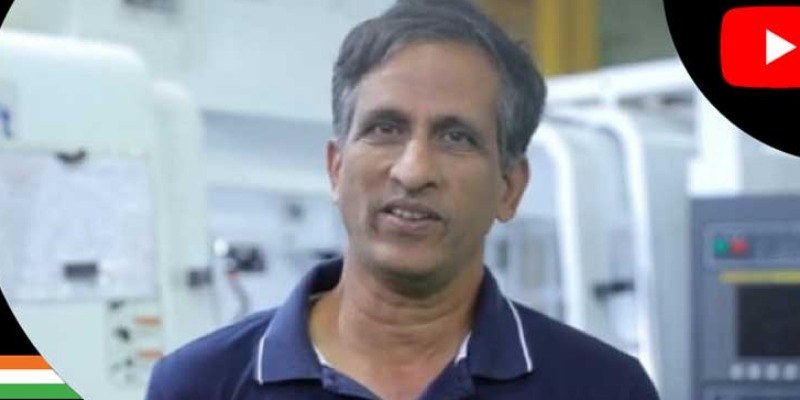
KS Natarajan, Managing Director, Trident Pneumatics, speaks on the rising demand for medical oxygen plants due to Covid 19 pandemic, and how they are meeting this growing demand.
Give us a brief introduction of Trident Pneumatics and explain the journey so far.
We started in 1988. We have been working on areas of removing anything from air. We started with automatic drain walls in 1988, which removes liquid, water trapped in compressed air lines. Towards the end of 90s, we went into removing moisture from vapour from compressed air. We have a range of products in compressed air. Suppose you are sitting in your house in a humid room, and there’s a lot of moisture in the air. Air compressor comes in a pipeline that goes into machines and the moisture in that needs to be removed.But the same compressor, same compressed air may not be fit for a textile machine. By mid 2000, we went into air filtration and started manufacturing micro filters. Those are 0.1, 0.0 micron filters, which will remove small particles in the air. Along with the particles, we also remove droplets.
These are the three core contaminants that needed to be removed from air. By 2010, we could deliver pretty much anything, any pressure of compressed air adding from seven bar to high pressures.
Then we started making air feeds for medical use. Our ventilators remove moisture and bacteria from air. When you feed a ventilator to a patient, you need to be sure that there is no bacteria going in. We are one of the big players in the US market for compressed air going into hospitals.
Due to Covid 19 pandemic, are you seeing a rise in demand for medical oxygen plants? How are you meeting this growing demand?
Covid-19 attacks the respiratory system. Patients that have recovered are the ones kept in a place and are comfortable. They are given oxygen, and are kept on the ventilator, if needed. Both the stages require oxygen. We have worked with the hospitals in many places, including the Northeast areas where there is less road connectivity. We have large installations in Northeast and are working with hospitals who find very difficult to transport cylinders.We do well with our medical breathing air products. We have a exported a lot of products to the US market. We see a rising demand for medical oxygen plants and are meeting this growing demand.
Compared to other factories, our factory opened up pretty early. We got special permissions from the required authorities. Since our products are life saving one, getting required permissions were not tough. The State gave the permissions for our vendors too – fabrication vendors, valves vendors, etc.
We were all prepared, and we manufactured big machines in a matter of week’s time. We had a some installations in the last few weeks. We have a large network. We have trained all our vendors, and even they will be able to install, commission, and continuously support the machines.
How are you handling these challenges?
The challenge is still pertaining to transport. Employees not reaching offices were always a problem. Employees staying more than 40 km away from office faced difficulty in reaching office as there were no transport available.Getting the required raw materials on time was a problem at start. There were certain logistical issues. We had some inventory so we could get going. We had US as an export market so getting containers were difficult.
Like other textile companies, we didn’t face any labour issues. We had an engineering unit where we had skilled workers and they are part of around 900 kilometer radius. We have salespeople all over the country.
Which industries are the major users of compressed air treatment products? What do you bring to the table for the customers?
All industries today use compressed air. Companies stand as a source of operating a machine for automation, as much as electricity today. If there is a machine and you need to plug it in somewhere, everything requires electricity. But when you step into a factory, almost all the machines requires combustion. So all of our customers would be the industries that have manufacturing. We have hospitals that are not manufacturing, but uses ventilators and patient feeds.In several types of mobile vehicles like ships, locomotives, trucks, there are air brakes. We manufacture air brakes too. We have the power sector where most of our products are used. These are the major areas for us. The key would be textile.
The competition is global. What we bring to the table in the the Indian industry is fighting for competitiveness. When you look at textile, it is about how efficiently they convert the input into output. They are very sensitive towards energy and downtime. This is our key differentiator. Given our segmental approach as a company, we have multiple segments like standard products, which goes to general industry, and products for automobile, textiles, and so on.
Related Stories
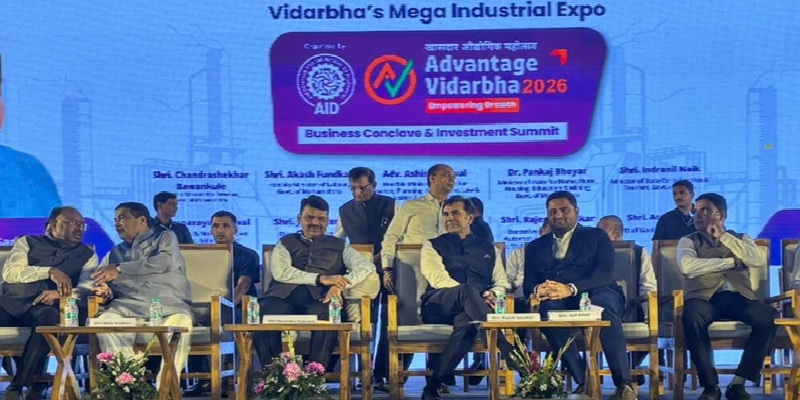
Mahindra to Set Up Largest Auto and Tractor Manufacturing Facility in Maharashtra
Mahindra Group will invest Rs 150 billion to develop its largest integrated auto and tractor manufacturing facility in Nagpur, strengthening Maharashtra’s manufacturing ecosystem.
Read more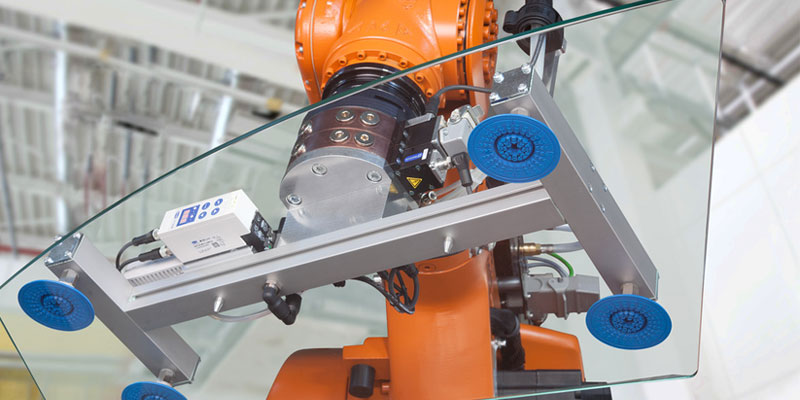
Air-Saving Vacuum Ejectors Cut Energy Use by Up to 90% in Automotive Plants
Air-saving vacuum ejectors are helping Indian automotive manufacturers reduce energy costs, cut carbon emissions and achieve rapid ROI while ensuring reliable, zero-defect production, shares Rajesh ..
Read more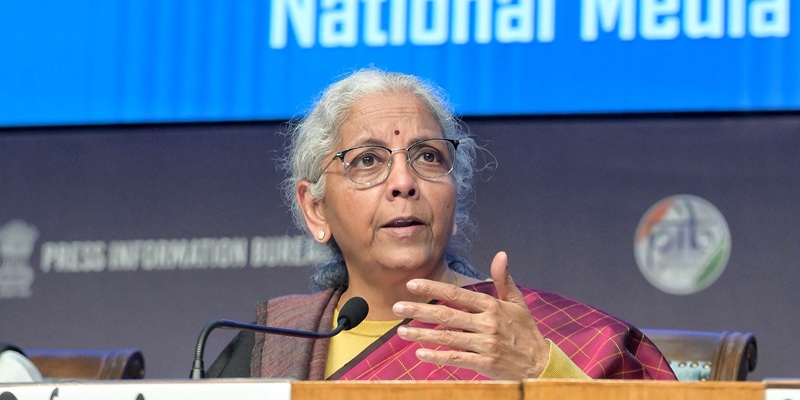
Budget 2026 sharpens focus on manufacturing scale-up across strategic sectors
Union Budget 2026–27 advances manufacturing-led growth with sectoral schemes, higher outlays and supply-chain reforms.
Read moreRelated Products
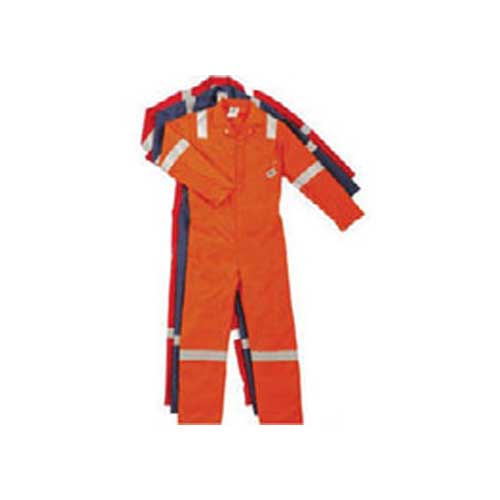
Cotton Coverall
Samarth Industries offers a wide range of cotton coverall.
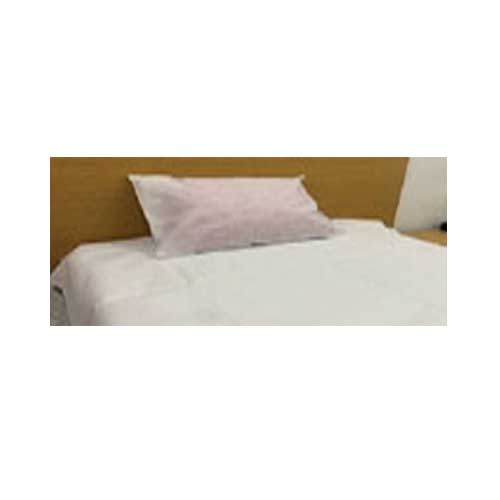
Disposable Bedsheet & Pillow Covers
Spectrum Technicals offers a wide range of disposable bedsheet & pillow
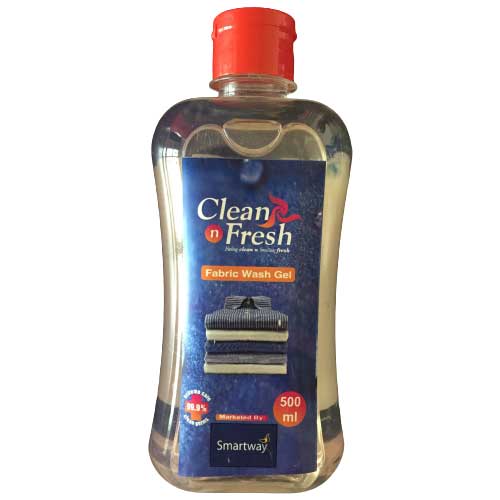
Clean N Fresh - Fabric Wash Gel
Innovative Hygiene Products offers a wide range of clean N fresh - fabric wash gel







